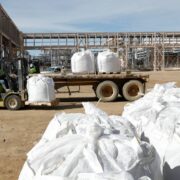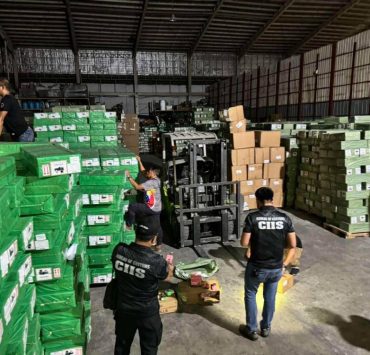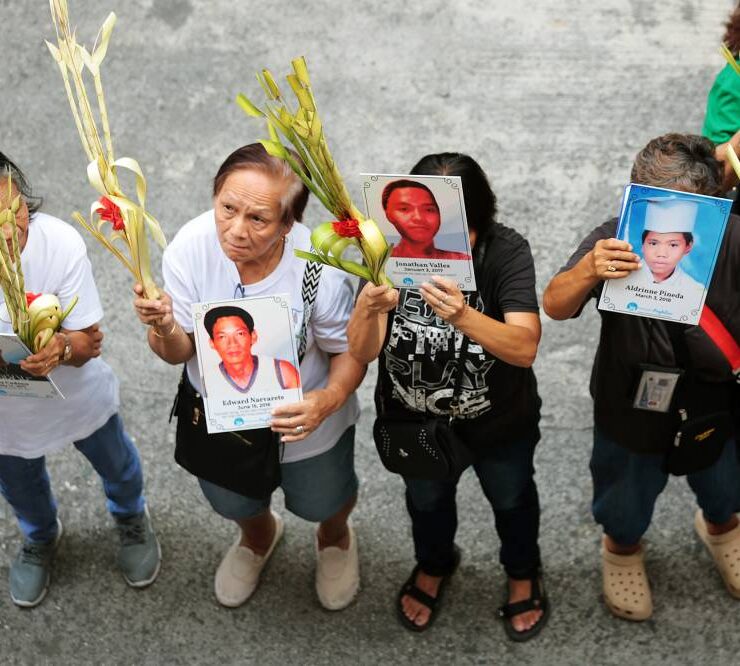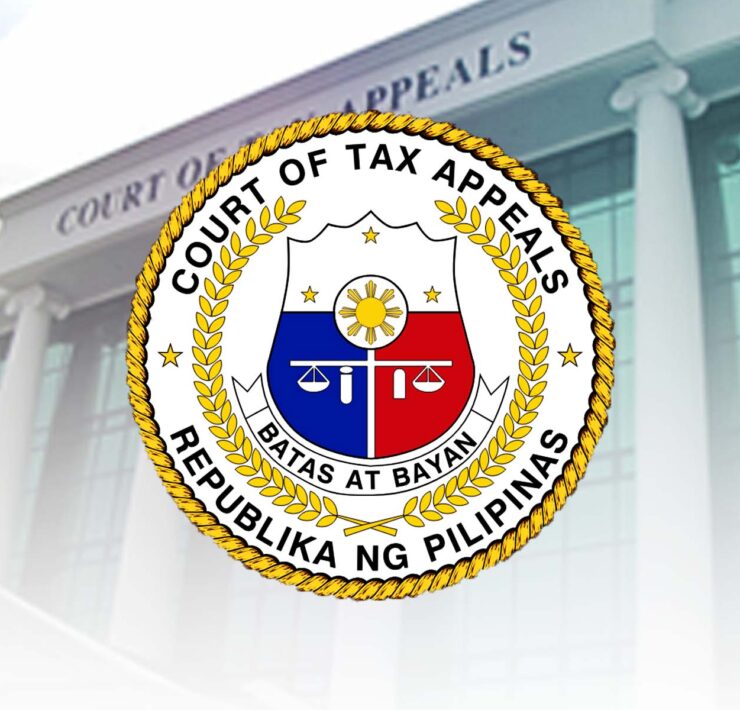4 West Visayas mayors suspend classes amid intense heat
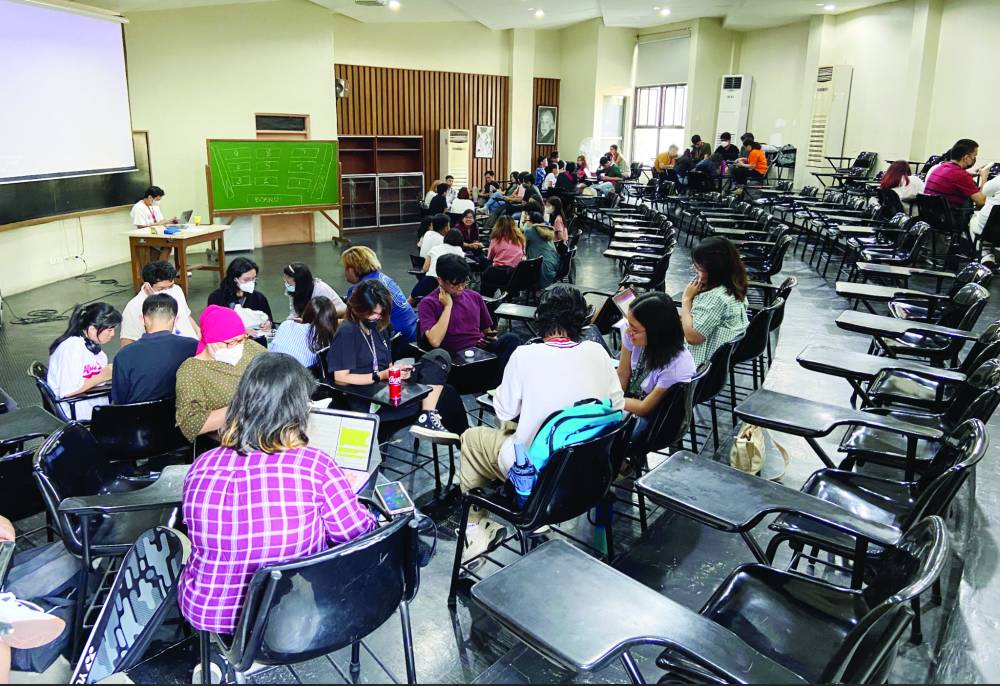
BACOLOD CITY—At least four mayors in the Western Visayas region ordered the suspension of classes for two days beginning Monday amid the intense heat affecting parts of the country which has reached the “extreme caution” to “danger” levels, according to the state weather bureau.
Classes were ordered suspended in Iloilo City as well as in the cities of Bacolod and Kabankalan and in Enrique B. Magalona town in Negros Occidental province, after the heat index was forecast at 42 degrees Celsius.
The heat index is the average temperature felt by the human body, or what the Philippine Atmospheric, Geophysical and Astronomical Services Administration (Pagasa) describes as the “human discomfort index.”
Pagasa has the following classification for the heat index: 27 to 32 C (caution); 33 to 41 C (extreme caution); 42 to 51 C (danger); and 52 C and beyond (extreme danger).
With Iloilo City recording a heat index of 42 C on Monday and expected to reach 43 C in the coming days, Mayor Jerry Treñas ordered the suspension of classes until Tuesday.
In Bacolod, classes in the preschool, elementary, secondary and senior high levels were suspended.
“[These classes] are once again encouraged to adopt alternative delivery modes for instructional methods to benefit their students,” Mayor Alfredo Abelardo Benitez said.
But he gave private schools with air-conditioned rooms and tertiary-level institutions the discretion to continue with in-person classes.
Kabankalan Mayor Benjie Miranda suspended classes at all levels in his city on Monday, but said classes would resume on Tuesday unless he extended his executive order.
Mayor Marvin Malacon of Enrique B. Magalona ordered the shift of classes to online and also advised the public to “stay hydrated, drink plenty of water, stay indoors, especially during the hottest part of the day, and wear light clothing.”
Other areas
In Capiz, Mayor Ronnie Dadivas of the provincial capital of Roxas also ordered the suspension of classes on Monday. Roxas City is expected to have a heat index of 44 C on Tuesday and Wednesday.
Mayor Timee Torres-Gonzales of Tantangan town, South Cotabato province, ordered classes reduced to half days until April 15.
Other areas expected to have hotter than usual temperatures beginning Tuesday, according to Pagasa, are Aparri town in Cagayan, Dagupan City in Pangasinan, and Pili town, Camarines Sur, which have a 43 C forecast; and Metro Manila, Sangley Point in Cavite, San Jose town in Occidental Mindoro, Puerto Princesa City in Palawan, Catarman town in Northern Samar and Cotabato City—which all have a forecast of 42 C.
The capital region had a heat index of 41 C on Monday. It is expected to reach 43 C later in the week.
Pagasa recorded a higher heat index in recent years, with Dagupan City and Casiguran, Aurora, reaching 60 C in July 2020 and August 2023, respectively.
Health authorities warn that extreme heat can cause dehydration, heat cramps, heat exhaustion and heatstroke.
Teachers, students
Meanwhile, two teachers’ groups on Monday called on the Department of Education (DepEd) to carry out measures that would help teachers and students cope with the heat.
Benjo Basas, chair of the Teachers’ Dignity Coalition, said DepEd could shorten classes on some days and allow teachers and students to wear comfortable clothes.
He also urged the department to suspend its “Catch-Up Fridays,” which he said was reducing class hours.
Basas noted DepEd’s commitment to the gradual return to the old school calendar, even amid the severe heat.
“Unfortunately, for these remaining months, April and May are the hottest so we still have to adjust so our students and teachers won’t be affected that much, similar to what we had to endure the past year,” he said.
Ruby Bernardo, president of the Alliance of Concerned Teachers-National Capital Region, cited the lack of health facilities in schools and poor ventilation in classrooms as among the urgent concerns that DepEd must address.
“Many of our teachers and students are also experiencing headaches and migraines due to this extreme heat. We don’t want a repeat of the scenario from last year where many of our students and teachers were rushed to school clinics due to nose bleeding or [because they] have passed out,” she said.
Education Assistant Secretary Francis Cesar Bringas acknowledged the need for teachers and students to wear comfortable clothes.
“That is the logical thing to do. Subject of course to dress codes,” he said. —WITH A REPORT FROM INQUIRER RESEARCH








